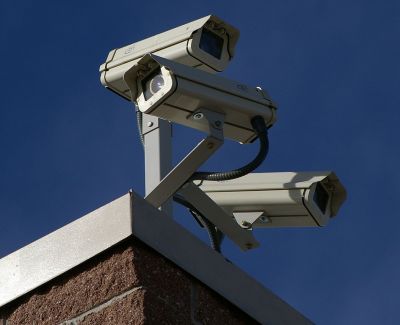The 'Automatic data relevancy discrimination for a privacy-sensitive video surveillance' (
ADDPRIV) project addressed the demanding task of balancing security and privacy in video surveillance. Overall, the aim was to develop new knowledge and algorithms to build on smart video surveillance solutions for greater privacy compliance.
Project members first defined the requirements for better conformity with privacy rights. An end-user and ethics advisory board was established and a preliminary scoreboard produced for evaluating ADDPRIV's system compliance with such rights. Following this, and based on reviews and discussion of current systems, the system was designed.
A system architecture was defined and solutions outlined for each of the system blocks. Data relevancy discrimination algorithms were created that automatically generate alerts. Additional functionalities were designed for these algorithms to adjust to different scenarios. Intelligent storage and secure deletion technologies were also developed, including an algorithm for data labelling and sorting based on the relevancy of images. The developed solutions were then implemented and validated in real-life scenarios.
Lastly, a series of reports was produced examining the impact of the proposed solutions. These include an analysis of the human rights, civil liberty and public participation potential of the solutions, a study on when and how to use them, and an assessment of the possible effects of the technology on end-user organisations.
ADDPRIV introduced cutting-edge video surveillance technology that respects a citizen's right to privacy. The project enhances the effectiveness and efficiency of video surveillance processes and reduces reaction time in critical situations. It also has the potential to improve social acceptance of video surveillance technologies.

